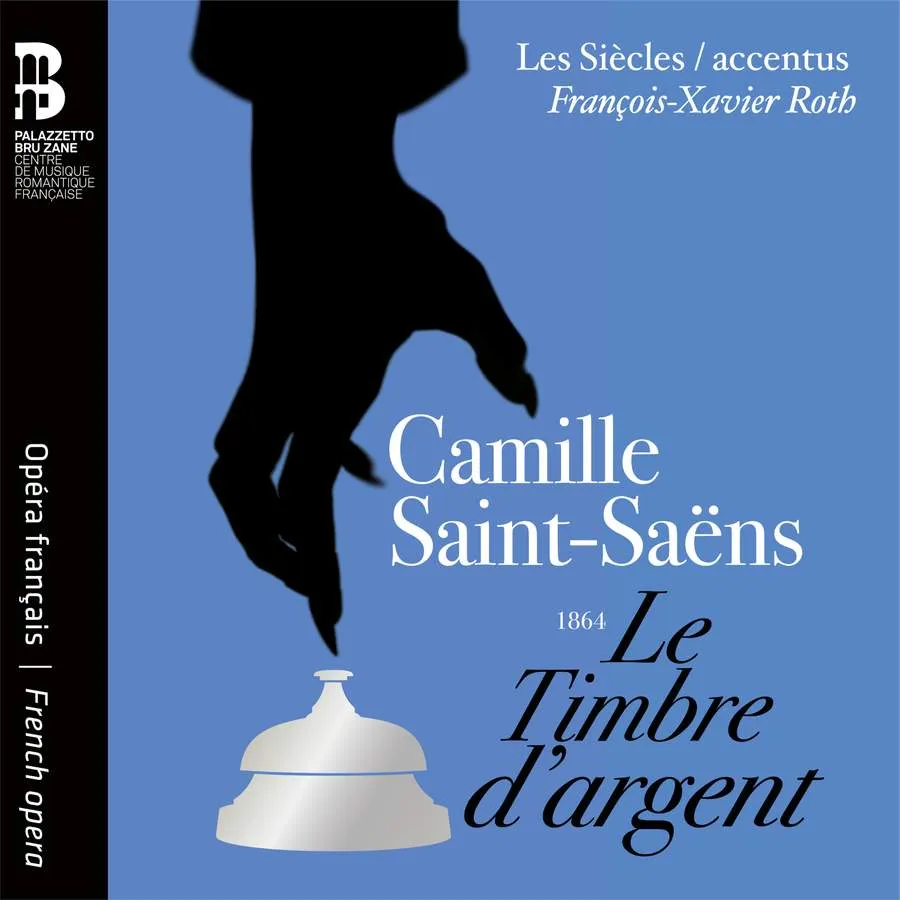
Saint-Saëns Le Timbre d'argent Jodie Devos, Tassis Christoyannis, Hélène Guilmette, Edgaras Montvidas, Yu Shao, Raphaëlle Delaunay; Accentus; Les Siècles/François-Xavier Roth BruZane BZ1041 153:01 mins (2 discs)
Composed in 1864, Saint-Säens’s Le Timbre d’Argent was an Opéra Comique; by 1913, when the composer supervised an eighth and final version for Brussels, it had metamorphosed into a full-blown grand opera. This is the version that the Centre for French Romantic Music in Venice has chosen to record.
Setting aside the musical archaeology, the score is as elegantly upholstered as anything that Saint-Säens wrote and the libretto by the redoubtable Jules Barbier and Michel Carré links their texts from Gounod’s Faust to Offenbach’s Hoffmann. Again, a diabolic figure leads the hero towards perdition in a world where dreams and reality merge. Here it’s Conrad, a painter who’s given a silver bell by the malevolent Dr Spiridion that showers him with gold each time he strikes it, but at the cost of killing someone close to him. Like Hoffmann, Conrad doesn’t get the girl of his dreams, incarnated as the alluring Fiametta.
Fiametta is a danced role which leaves something of a vocal hole in the middle of the work – particularly since the obligatory ballet has been cut. But those with voices sing handsomely and, happily, in a properly French style. Edgaras Montvidas is a tortured Conrad, and Tassis Christoyannis’s dark-voiced Spiridion has sulphur at his heels. Hélène Guilmette, the toothsome Hélène in love with Conrad, sings the one number that most of us know, ‘Le bonheur est chose légère’, with exemplary style. Oddly it’s Conrad’s best friend cruelly struck down by the silver bell who moves the most. And yes, there’s an organ in the pit which gets the final chord.
Christopher Cook